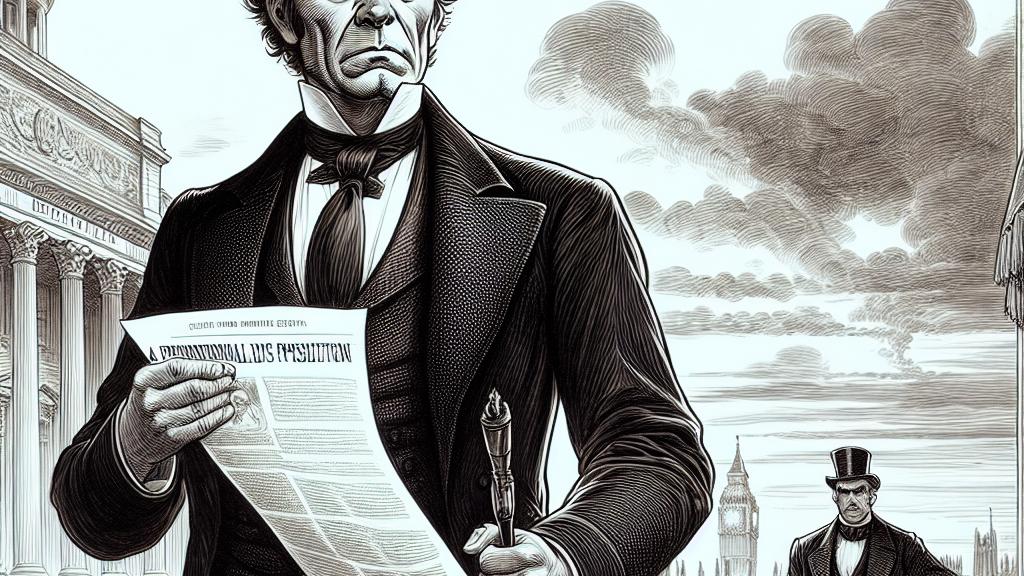Biden Announces Pardon for Son Hunter
Overview
- In a dramatic political move, President Joe Biden pardoned his son, Hunter Biden, amidst ongoing legal battles.
- This historic pardon, the first of its kind in U.S. history for a president's child, raises significant discussions about familial duty versus legal accountability.
- The decision has sparked passionate debates about justice, privilege in politics, and the ethical implications of presidential power.

A Landmark Pardon
On December 1, 2024, President Joe Biden made headlines with a bold announcement: he had granted a pardon to his son, Hunter Biden, who was facing serious criminal charges, including gun possession and tax-related issues. This unexpected move sent ripples through Washington, making it clear that no previous president had ever pardoned a child in such a public manner. Biden stated, "I committed to not interfere with the Justice Department, yet witnessing my son's struggles compelled me to take this unprecedented step." His emotional plea not only conveyed a father's instinct to protect his child but also positioned the decision as both personal and politically charged, symbolizing the deep intersections of familial loyalty and public scrutiny.
The Political Minefield
Hunter Biden's legal troubles have long been a contentious issue, frequently highlighted in political debates, especially among Republican critics seeking to undermine Joe Biden's presidency. For instance, accusations that Hunter capitalized on his father's position drew considerable media attention, intensifying the scrutiny. These factors played a significant role in creating a charged atmosphere leading up to Hunter's guilty verdict in June 2024 for multiple felony gun charges. Consequently, Biden's pardon was particularly noteworthy, as it aimed not just to shield his son from legal repercussions but also to counteract damaging narratives that have embroiled their family in political scandal. As Joe Biden pointedly noted, his son's troubles were exacerbated by a politically motivated judicial process intended to tarnish his presidency.
Ethical Implications and Future Conversations
The decision to pardon Hunter Biden opens the floodgates to critical discussions about ethics in politics and the implications of such powerful clemency. While the Constitution grants the president the ability to pardon offenses, questions persist: Does this create a dangerous precedent for family members of politicians? Biden’s argument that Hunter's prosecution stemmed from his political lineage raises significant concerns about justice being blind—or rather not blind enough for those in power. The backlash against this pardon thus presents an opportunity for a broader societal debate about accountability, privilege, and the expectations of public figures. Ultimately, as the nation processes this event, it encapsulates the complex dance between familial love, political responsibility, and the quest for justice in an increasingly polarized environment.

Loading...